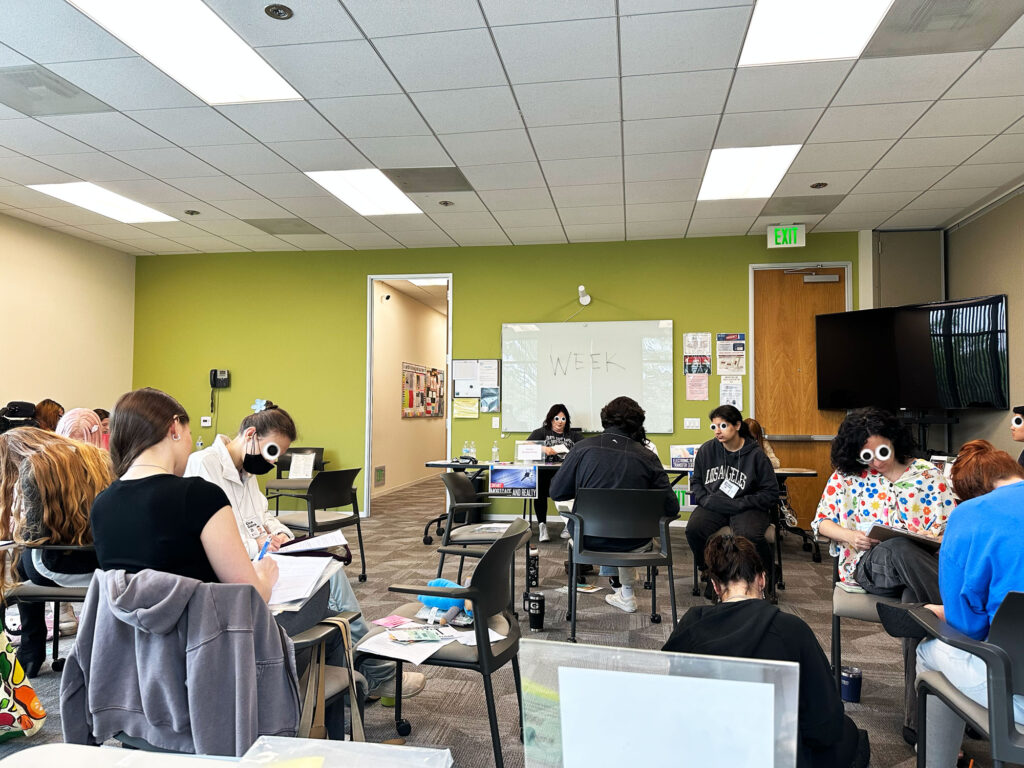Blog
"Anti-Class Bias Training: Reflection"

On October 25, 2025, I volunteered for the Anti-Class Bias Training at the Irvine campus, serving at sign-in and later as the Supercenter clerk, roles that replicate daily stressors in low-income communities. Having participated in the simulation last year under Dr. Natrajan-Tyagi and this year under Dr. Takeda, I was reminded how the exercise asks participants to suspend privilege, even if only temporarily.
Context and Purpose
The simulation, adapted from the Community Action Poverty Simulation (CAPS) kit, encourages participants to act out scenarios that mirror the structural constraints families face while trying to meet basic needs. As facilitators emphasized, it is a simulation, not a game, designed to foster empathy, self-awareness, and critical reflection on systemic inequities.
Observations and Group Dialogue
During reflection, several students who had experienced genuine hardship shared that the simulation felt mocking of their lived realities. They called for more explicit advocacy and systemic critique beyond role-play. I understood their discomfort, last year, I also questioned whether this format risked trivializing real suffering. Yet, I have come to see it as a limited but useful empathy exercise: a reminder that, while we return to stable lives afterward, many do not have that option.
The discussion opened deeper questions about how society pathologizes survival behaviors of those in poverty. Students acknowledged how easily institutions criminalize or moralize necessity. Others reflected on the political and economic precarity of our time, recognizing how quickly stability can erode.
Insights on Clinical Practice
During the debrief, I noticed a familiar pattern, many participants turned quickly to problem-solving after just an hour of simulated stress, drafting resource lists as if scarcity could be solved through better organization or efficiency. I recognized that impulse; I had similar thoughts last year. But seeing it again reminded me how easily good intentions can stay surface-level when the larger structures remain unchanged. Even meaningful interventions often exist inside systems that keep families in survival mode. I think the more honest work begins when we move beyond awareness and connect with people already engaged in change: community organizers, mutual aid groups, or advocacy networks that center lived experience. Many of these challenges are ultimately about access and funding, but there are still ground-level ways to contribute: showing up, redistributing what we can, and offering our time and skills alongside others. We may not fix the system, but we can still move with it toward something better.